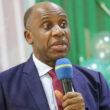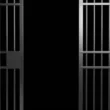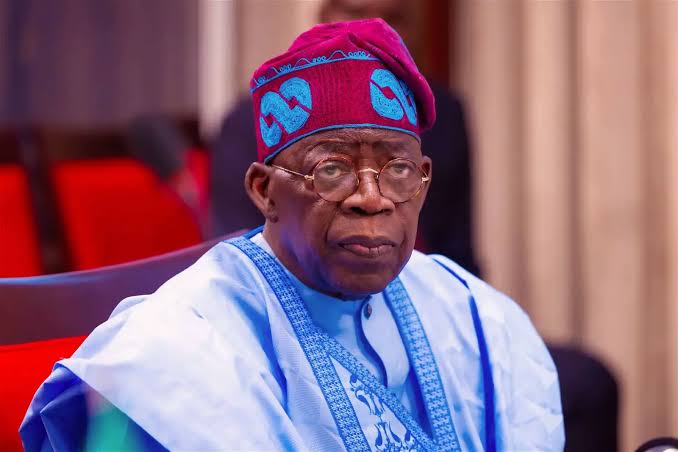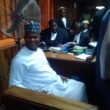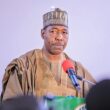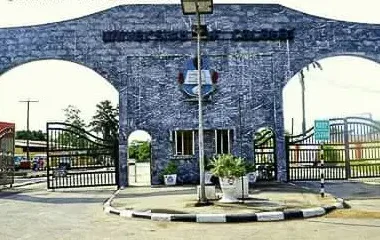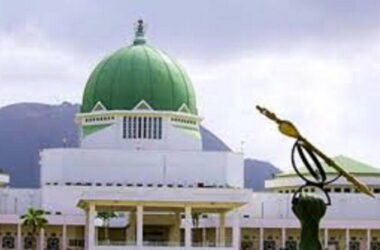On Friday’s episode of Inside Sources with Laolu Akande, TV analyst and columnist Mr. Mojeed Dahiru and Mr. Ayo Akinfe, Chairman of the Association of Nigerians in the United Kingdom, delved into the pressing issues affecting Nigeria’s energy and economic landscape. From the revitalization of local refineries to the role of foreign direct investment (FDI), the experts highlighted key challenges and opportunities for President Bola Tinubu’s administration.
Mr. Dahiru described the progress made at the Port Harcourt refinery as a significant milestone. “This is a good development,” he said. “It seems the Dangote Refinery has spurred the NNPC to revamp their refinery. For the first time in many years, we saw products like aviation fuel, kerosene, and petrol being rolled out from that facility.”
He underscored the importance of sustaining and expanding this achievement: “If the second Port Harcourt refinery, the Warri refinery, and the Kaduna refinery are revamped, Nigeria could achieve self-sufficiency in refining and even export products.”
While optimistic, Dahiru linked energy production to broader economic concerns, stressing the affordability component of energy security. “I am an apostle of subsidy,” he stated firmly. “For a country with a N70,000 minimum wage, petrol prices over a thousand naira are way beyond the affordability threshold. This has impoverished Nigerians, reduced productivity, and created a serious economic crisis. In Nigeria, it’s not just a cost of living crisis; it’s a cost of existence crisis. Energy security is a matter of national security, and the government must act.”
From the perspective of the Nigerian diaspora, Mr. Akinfe called for greater competition in the oil and gas sector. “If you have 20 to 30 refineries functioning at full capacity, prices will fall,” he noted. “We need government policies to encourage investors to open refineries. Every state should have at least one refinery. By 2025, I sincerely believe there will be so many operators in the market that prices will come crumbling down.”
He also highlighted the detrimental impact of artificial scarcity created by monopolistic cabals. “Eventually, demand and supply fundamentals will prevail,” Akinfe asserted.
The conversation shifted to President Tinubu’s recent state visits, which aimed to attract foreign investments. Akinfe questioned the effectiveness of these trips, emphasizing the untapped potential of Nigeria’s diaspora. “We remit $25 billion annually to the Nigerian economy. No foreign investor even comes close,” he said.
He expressed concerns about the lack of strategic focus on these trips. “Are they investment-driven or just holidays? I want to see more businessmen, bankers, and economists in the President’s entourage. Right now, it doesn’t seem like enough homework is going into these trips.”
Dahiru offered a contrasting view, suggesting that Nigeria should look beyond Western nations for investments. “Foreign investment is predatory by nature. Nigeria should be pursuing opportunities in Africa, South America, and other developing regions. Our corporations like Dangote and AA Ranos should explore oil investments in South Sudan and similar markets.”
Both experts agreed that Nigeria’s leadership must adopt a more strategic approach to tackle the pressing “cost of existence crisis.” By fostering competition in the energy sector, ensuring energy affordability, and attracting impactful foreign investments, President Tinubu’s administration has the opportunity to alleviate economic hardships and secure a more prosperous future for Nigerians.



